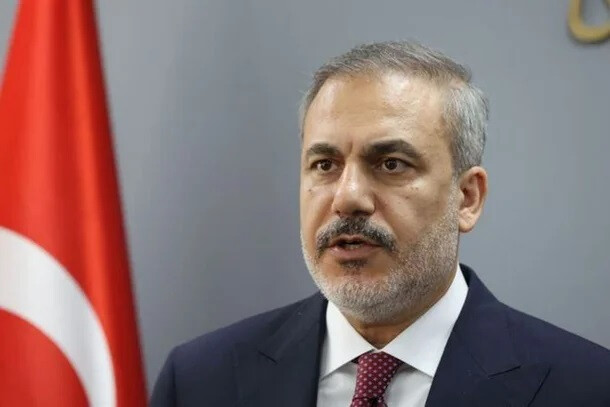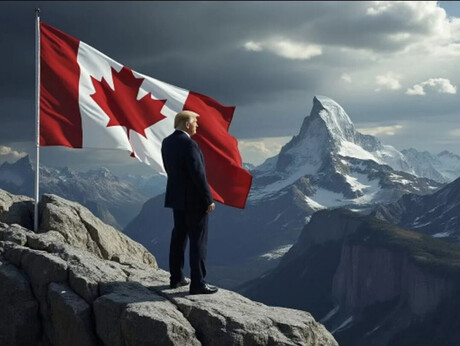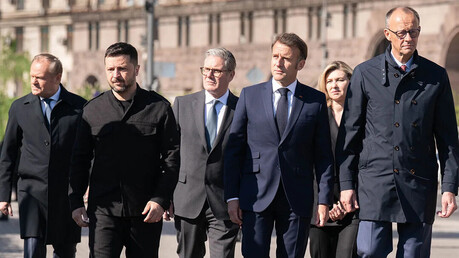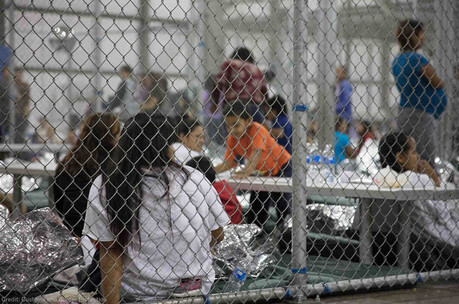
ANKARA—In a dramatic escalation of its diplomatic and economic pressure on Israel, Turkey announced on Friday a complete suspension of all trade and the closure of its ports and airspace to Israeli vessels and military flights. The move, articulated by Turkish Foreign Minister Hakan Fidan, represents one of the most significant and sweeping retaliatory measures taken by any country since the onset of the Gaza war.
Speaking before the Turkish parliament, Fidan stated that Turkey had "completely cut off our trade with Israel" and was implementing a multifaceted package of diplomatic, legal, and economic sanctions. He detailed the measures, stating, "We have closed our ports to Israeli ships. We do not allow Turkish ships to call at Israeli ports," and further added that vessels transporting "weapons and ammunition to Israel" would be denied entry to Turkish ports.
In a move with major implications for regional logistics and military transport, Fidan also announced a ban on Israeli aircraft from Turkish airspace. A Turkish foreign relations official later clarified that this ban was specific to "official Israeli flights and flights carrying weapons or ammunition," and did not extend to commercial passenger airlines, which have continued to operate between the two countries. This specific restriction is particularly notable given Turkey's strategic location as a crucial air corridor between Europe and the Middle East.
This latest action builds on a series of escalating steps taken by Turkey since the Gaza war began. While bilateral trade between the two nations amounted to a significant $7 billion in 2023, it had already been suspended in May 2024. The latest announcement, however, makes the suspension of trade official and adds new restrictions on maritime and air transport. The move reflects Turkey's deep-seated frustration with Israel's military actions, which Ankara has repeatedly condemned as "genocide."
The history of diplomatic relations between Turkey and Israel has been tumultuous, marked by periods of close strategic partnership followed by severe downturns. Turkey was the first Muslim-majority country to recognize Israel in 1949, and for decades, the two nations maintained strong economic and military ties. However, relations have soured considerably under President Recep Tayyip Erdoğan, whose government has been a vocal champion of the Palestinian cause and a staunch critic of Israeli policy. This latest suspension of trade and transport is the culmination of years of diplomatic strain.
The decision has significant economic ramifications for both countries. For Israel, Turkey has been a key supplier of construction materials, metals, steel, and agricultural products. The Israeli construction industry, already under pressure from labor shortages, will be particularly affected by the halt in imports of Turkish iron and steel. While Israel can seek alternative suppliers from places like China or Europe, this will likely lead to increased costs and potential project delays.
For Turkey, the move means losing a valuable export market, though the overall macroeconomic impact is expected to be limited. Trade with Israel accounts for a relatively small percentage of Turkey's total exports. However, certain sectors like textiles, chemicals, and construction materials will feel the pinch. Turkish companies are now being forced to seek alternative markets, with a potential shift in focus toward the Balkans and other Middle Eastern or North African countries.
The immediate reaction from the international community has been mixed. While many Arab and Muslim nations have praised Turkey for its strong stance, Western countries have largely remained silent, wary of the complex diplomatic implications. Israel has rejected Turkey's accusations of genocide, maintaining that its actions are necessary for its national security.
As the conflict in Gaza continues, Turkey's actions stand as a powerful symbol of a shifting regional dynamic. By using its economic and geopolitical leverage, Ankara is attempting to force a change in the status quo, signaling that its support for the Palestinians goes beyond rhetoric. The long-term impact on both economies and the broader diplomatic landscape remains to be seen, but one thing is clear: the trade and transport bans have created a new and formidable challenge for Israel and a powerful statement from a major regional player.
[Copyright (c) Global Economic Times. All Rights Reserved.]






























